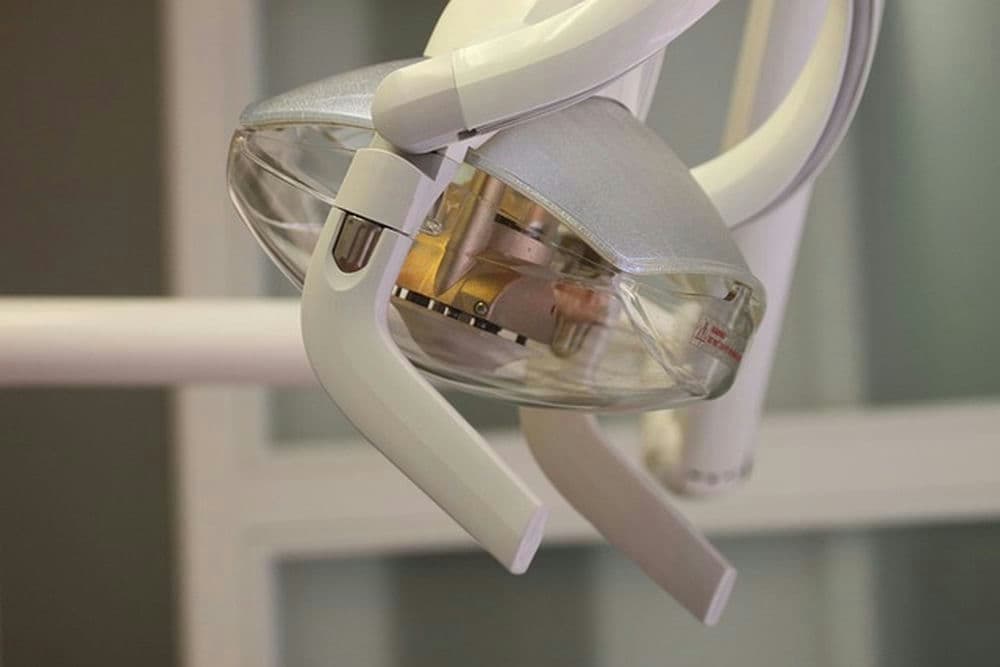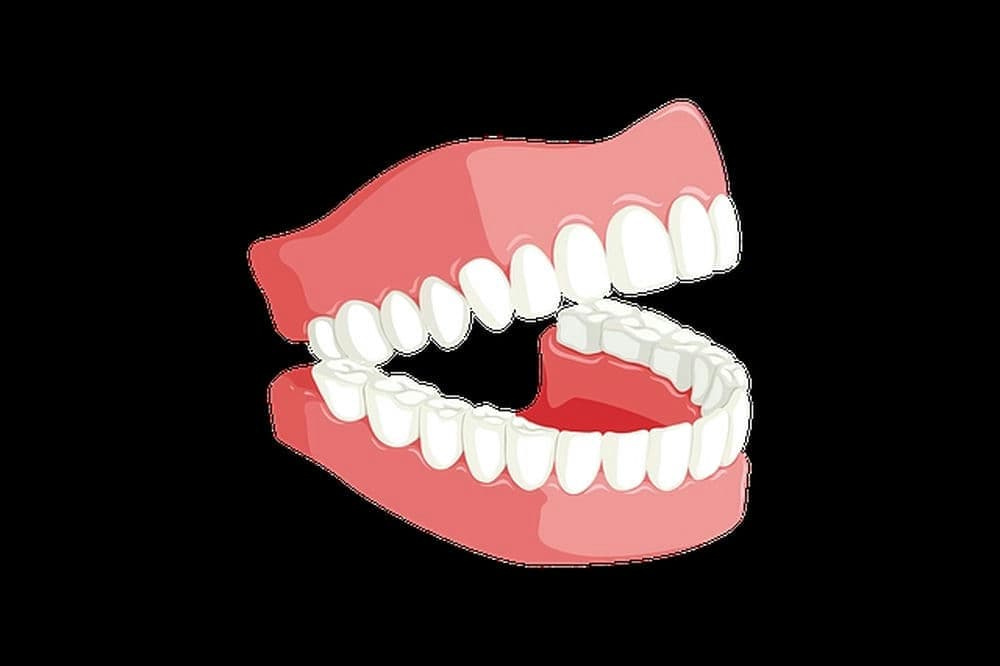Pages
all on four dental implants near me
1/15/2023

An abutment is fixed to the post and when the manner is comprehensive, a dental crown covers the abutment. Dr. Erian surgically inserts the dental implant post into the jawbone to replace the lacking tooth's root. The abutment is attached to the implant post with the fixation screw, which extends throughout the gums into the mouth. This screw is the aid for the connected synthetic tooth, or crown. After your implant placement, you could experience right here merits:You will chew food more easilyThe look of your mouth will improveYour jawbone becomes less more likely to shrink due to bone lossThe surrounding bone and gum will remain healthyThe adjacent teeth will remain stableCustom dental implants to replace missing teeth repair your smile, come up with confidence, and improve your nice of life.
And the ingredients can't decay like your personal teeth that assist typical bridgework can. In regular, dental implants may be best for you if you:Have a number of lacking teethHave a jawbone that's reached full growthHave adequate bone to secure the implants or are able to have a bone graftHave fit oral tissuesDon't have health circumstances that will affect bone healingAre unable or unwilling to wear denturesWant to improve your speechAre willing to commit a few months to the processDon't smoke tobaccoLike any surgery, dental implant surgical procedure poses some health risks. Problems are rare, though, and once they do occur they're usually minor and easily handled. Risks come with:Infection at the implant siteInjury or damage to surrounding buildings, akin to other teeth or blood vesselsNerve damage, which may cause pain, numbness or tingling to your natural teeth, gums, lips or chinSinus issues, when dental implants placed in the higher jaw protrude into one of your sinus cavitiesHow you prepareThe planning course of for dental implants may involve numerous of experts, adding a doctor who focuses on circumstances of the mouth, jaw and face (oral and maxillofacial medical professional), a dentist specializing in treating constructions that support the teeth, corresponding to gums and bones (periodontist), a dentist who designs and fits synthetic teeth (prosthodontist), or now and again an ear, nose and throat (ENT) specialist. Because dental implants require a number of surgical processes, you have to have a radical evaluation to organize for the process, including a:Comprehensive dental exam. You may have dental X-rays and 3D images taken, and feature models fabricated from your teeth and jaw. Review of your medical history. Tell your doctor about any clinical circumstances and any medications you take, adding prescription and over the counter drugs and dietary supplements. If you have got definite heart situations or orthopedic implants, your doctor may prescribe antibiotics before surgery to assist steer clear of infection. Treatment plan. Tailored to your situation, this plan takes into consideration factors equivalent to what number of teeth you would like replaced and the condition of your jawbone and closing teeth.
dental implants and dentures
2/4/2023

Ask your dentist which is better for you. A note from Cleveland ClinicTooth loss can take a toll on prevalent life. When you’re lacking teeth, it could be difficult to chew or speak properly. Dental implants offer a long run answer, and your dentist can tailor treatment to your unique needs. Whether you’re missing one tooth, a couple of teeth or all your teeth, dental implants might be an option for you. To learn more, seek advice from your dentist.
In these cases, your dentist can make a temporary (typically detachable) restoration so that you can wear during the curative phase. What occurs after dental implant placement?Your surgeon will give you an in depth list of postoperative instructions. They’ll also prescribe antibiotics to stay away from infection. There are several things that you would be able to do to minimize your risk of soreness and pain:Take all medications exactly as prescribed by your healthcare provider. Avoid undertaking or heavy lifting for at the least 72 hours. (An elevated heart rate can bring about higher pain and swelling.
all on 6 dental implants
2/3/2023

With the exception of a removable implant-retained denture, your implant-supported fix can be cared for by brushing and flossing. Dentures cover the roof of the mouth. With implants, there’s nothing covering the roof of your mouth to interfere along with your sense of taste or other normal actions. Implant-supported dentures can also be fabricated without a palate. Dentures can slip out while eating or speaking. Implants and implant-supported dentures are securely anchored and won’t slip out.
Because the abutment juts past the gumline, although, it's seen if you open your mouth — and it'll be that way until your dentist completes the tooth prosthesis. Some people don't like that appearance and prefer to have the abutment placed in a separate process. After the abutment is placed, your gums must heal for roughly two weeks before the synthetic tooth can be attached. Choosing your new artificial teethOnce your gums heal, you'll have more impressions made from your mouth and remaining teeth. These impressions are used to make the crown — your realistic-shopping synthetic tooth. The crown cannot be placed until your jawbone is strong enough to aid use of the new tooth. You and your dental specialist can choose synthetic teeth which are detachable, fixed or a mixture of both:Removable. This type is similar to a conventional detachable denture and can be a partial or full denture. It comprises artificial white teeth surrounded by pink plastic gum. It's mounted on a metal frame that's attached to the implant abutment, and it snaps securely into place. It can be easily got rid of for repair or daily cleansing.
dental implants and dentures
3/9/2023

Most of the time, even though, you’ll need a few months for the implant to heal before your dentist can safely place a last restoration. In these cases, your dentist can make a temporary (usually removable) recovery for you to wear in the course of the healing phase. What happens after dental implant placement?Your medical professional will provide you with a close list of postoperative commands. They’ll also prescribe antibiotics to evade illness. There are several things that you may do to attenuate your risk of discomfort and pain:Take all medications exactly as prescribed by your healthcare carrier. Avoid recreation or heavy lifting for at least 72 hours.
When you’re lacking teeth, it can be difficult to chew or speak correctly. Dental implants offer a long-term solution, and your dentist can tailor remedy to your unique needs. Whether you’re missing one tooth, several teeth or all of your teeth, dental implants might be an option for you. To learn more, check with your dentist. We can lose a tooth for a number of reasons; most frequently it is caries, periodontal sickness, injury or bruxism. Dental implants are a great and chic method of replacing one, several, or all teeth. Replacement of one toothAn implant can replace a single missing tooth. This avoids grinding at least two adjoining teeth to make a dental bridge. How long does dental implant remedy take?Every patients need is various and so treatment length will rely upon the kind of implant you are having, the health of your mouth, gums and bones. Our experienced Implant Surgeons and their teams will keep you well informed before the remedy and each step of the way, and should come up with a detailed treatment plan which will set out the time frames concerned to your implant journey. The main advantages of dental implants?Replace loose-fitting denturesMaintain bone structure after tooth lossImprove the appearance of your smileBoost your confidenceFunction and feel just like natural teethImprove chewing and speakingLong term solutionHigh good fortune rateDental implants are a fixed answer for lacking teeth which are the nearest possible alternative for herbal teeth.